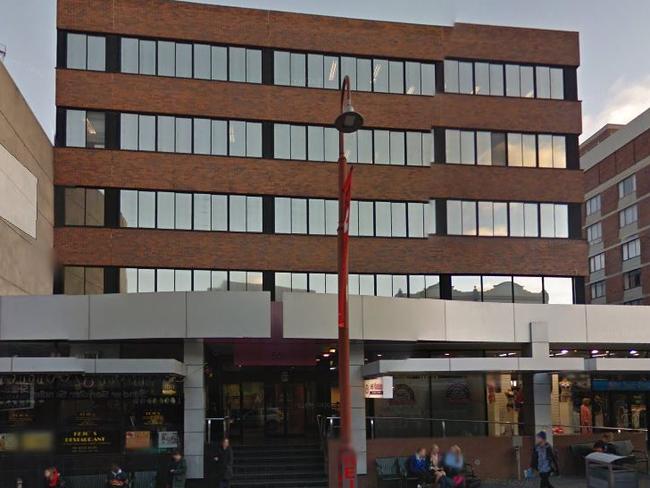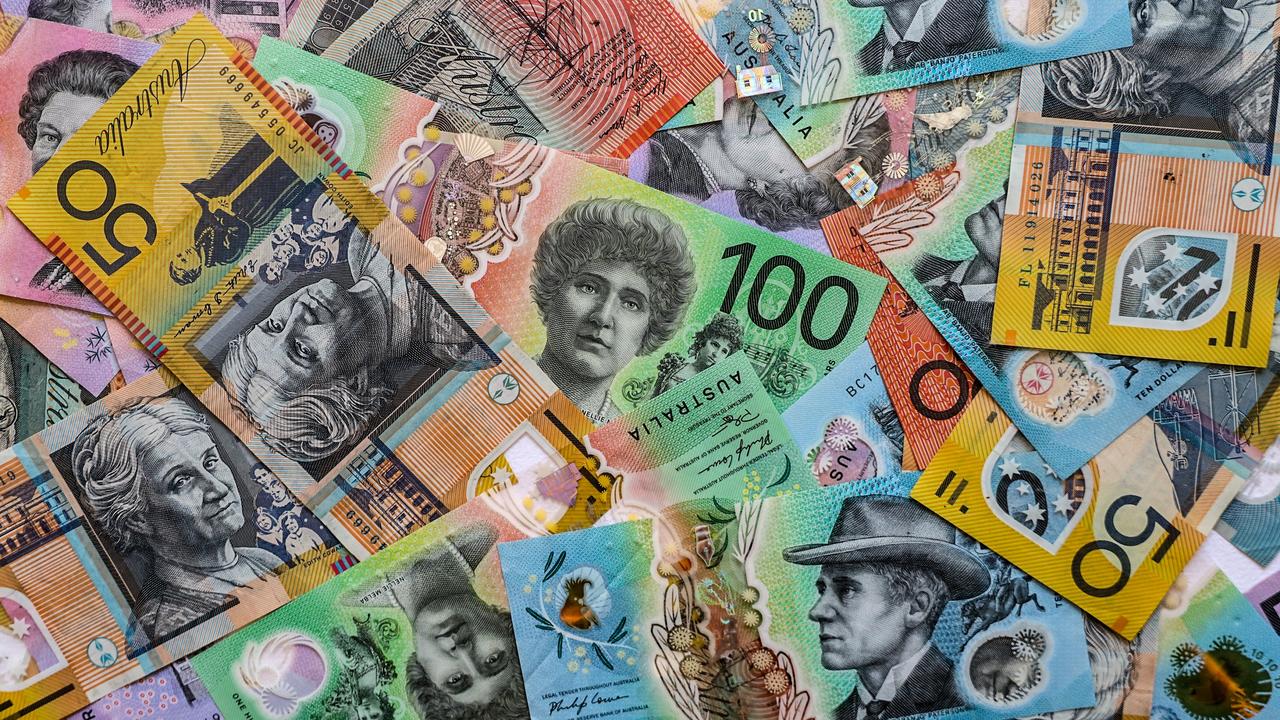Elderly couple slapped with huge fine by State Revenue Office for renting home on Airbnb
A TASMANIAN couple was slapped with a huge fine, all because they rented their home out online. This could happen to you too.
AN AUSTRALIAN couple has been fined “thousands of dollars” after renting their home out on Airbnb in a debt-recovery crackdown similar to the Centrelink fiasco.
For a short time every year the Tasmanian couple rents out their home while they visit family in New York.
The couple said they rented their large property out so there was somebody looking after it rather than to make money.
But the Tasmanian State Revenue Office’s robo-debt system, similar to the one sending out fines to Centrelink recipients, sent them a letter claiming they owed nearly a five-figure sum.
The State Revenue Office claimed they rented the house out for a year because they were away on July 1 — when the new financial year ticks over — and they should have been paying land tax.
Usually homeowners pay land tax on secondary properties, but people renting their home out for short time periods were being asked to pay the tax.
Because laws are murky around the relationship between Airbnb hosts and their guests, existing laws are being twisted and hosts are forced to pay fines.
A number of cases similar to the Tasmanian couple have landed on the desk of Brendan Gogarty, a senior lecturer at the University of Tasmania.
He told news.com.au a number of people had received debt-recovery letters from a robo-debt collecting system.
Dr Gogarty said a robo-debt system was collecting aggregate data from the Australian Taxation Office, bond authorities, the electoral roll and the public domain to find out if people were making an income from their home.
If they are, and haven’t been paying land tax, the State Revenue Office sends them an investigation notice and a questionnaire.
“People are told they will get a penalty if they don’t fill out the questionnaire in 14 days and it’s highly incriminating,” Dr Gogarty said.
He said people were just paying the fines because they were scared of the idea of being a tax cheat.
“But people are getting these fines and are quite shocked,” he said.
Usually homeowners pay land tax on secondary properties but Dr Gogarty said the people being slugged with these fines were not property investors.
He said they were people who use Airbnb because they don’t have a lot of money.
It’s not just Airbnb hosts who are at risk of these types of fines either. Dr Gogarty said it could be anybody making money off their properties, but who were not paying land tax.
“The State Revenue Office is using old laws that relate to people who may have a commercial garage with a flat out the back or something like that,” he said.
A man in Tasmania was also fined because he was renting rooms out to people in the home he purchased to earn a bit of extra cash.
He saw an accountant to see what taxes he needed to pay considering he was making a profit off his roommates, and he was told to declare the income and pay income tax.
He did that, but the State Revenue Office still slapped him with a fine for not paying land tax, even though his property was not a commercial one.
“We have a real suspicion the State Revenue Office is making a lot of money from this, but we just don’t know,” Dr Gogarty said.

According to Dr Gogarty, the laws around Airbnb and making money off your home are just not clear enough and there are a lot of misconceptions about when you should pay land tax.
“Basically there’s a grey area of law and a computer is making a decision about it and making homeowners admit to things,” Dr Gogarty said.
“You could have people round to your house to play poker. Everybody could throw $5 into a kitty and if you collect the money, you’re making money off people being in your home.
“You could have a home office, or you might allow an au pair to live in your house and you take a bit of money out of their pay for that. This could be seen as you turning your home into a commercial business.”
Dr Gogarty said it was fair to tax people for Airbnb because it was like a business, but he believes the way the State Revenue Office was going about it was “dodgy” because it wasn’t straight up with people about what the rules were.
“I think it’s fair the government does this but it needs to be done clearly with real law, and tell people they owe this money. Just don’t modify existing law,” he said.
“There is some creative interpretation of existing laws and it’s not very genuine.”
Dr Gogarty said he was unaware if there was similar debt recovery happening in other states outside of Tasmania, but the State Office of Revenue in all states aggregate data, which has led to the fines in Tasmania.
Dr Gogarty said people who received letters should see an accountant or legal specialist.
“Get written advice. You can use letters to offset penalties you may get. Or, you can declare income to the State Revenue Office and get a human being to look at what you’re doing and get a letter from them saying whether or not you need to pay land tax,” he said.
Tasmanian Treasurer, Peter Gutwein, told news.com.au: “Generally speaking, the family home is not subject to land tax even if it is being used for Airbnb.
“I would encourage the couple - or any other concerned taxpayer - to contact the State Revenue Office on 03 61664400 regarding their circumstances.”



